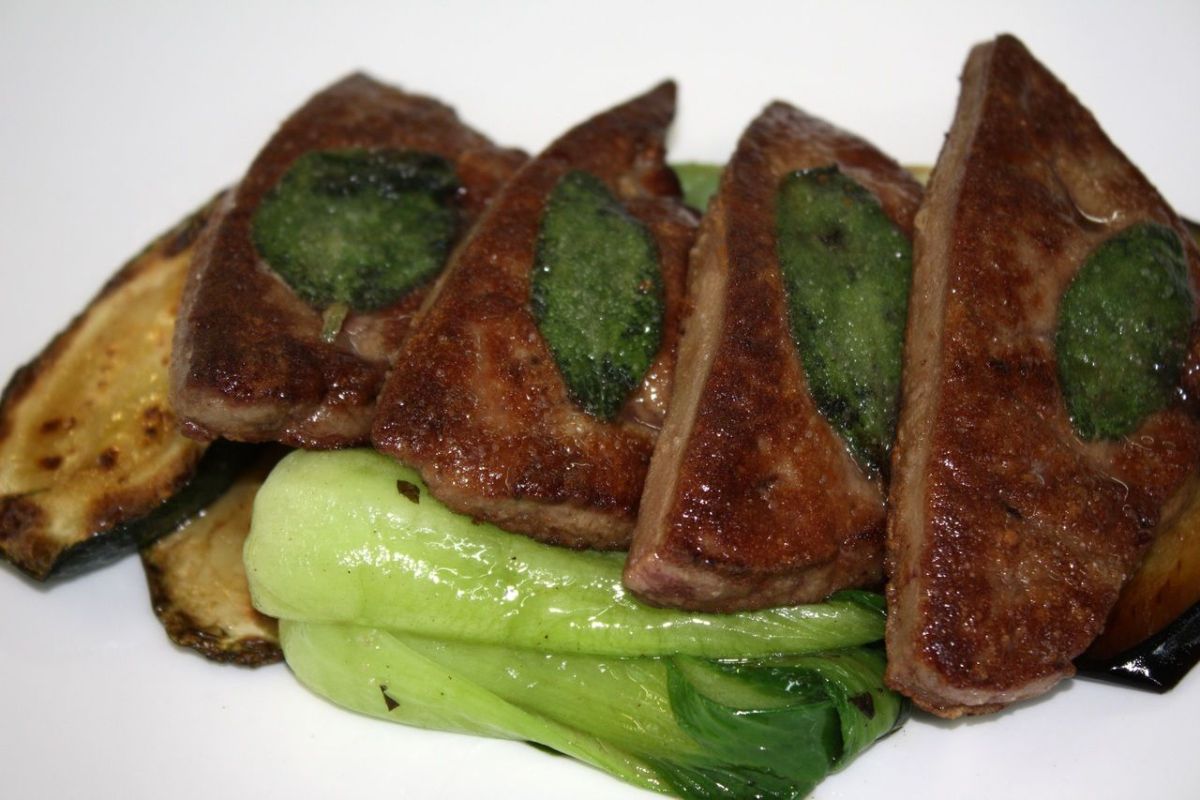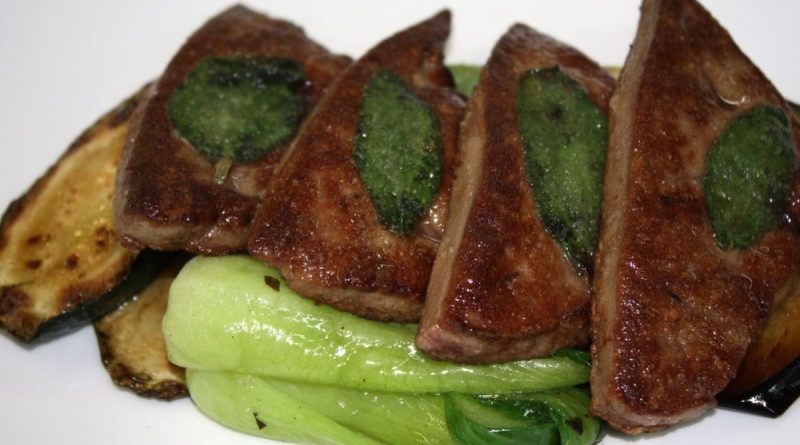What are the great benefits (and risks) of beef liver and how to prepare it according to nutritionists | The State

Beef liver offers great nutrient concentration. A single serving of this organ can multiply the amounts of certain vitamins and minerals you need per day. Is beef liver really that healthy? While the liver has important health benefits, there are also some drawbacks.
Because the liver is responsible for detoxifying the body, many people believe that beef liver contains toxins. But this is not the case, dietitian Molly Knudsen tells Mind Body Green, pointing out that “the liver does not store toxins, but helps eliminate them.”
Who should try beef liver?
The Academy of Nutrition and Dietetics notes that because the liver it is so rich in important vitamins and minerals, it can be a wonderful food restorative to incorporate into the diet.
Those who can benefit the most from the liver are those who eat meat but consume very little animal protein, those who have digestive problems of some kind, high intensity athletes and women of childbearing age.
1. Reduces risk of nutrient deficiency
Liver is a great source of high-quality protein and is also known as “Nature’s multivitamin”. It is extremely rich in B vitamins, among which are the folate, riboflavin, niacin, cobalamin (B12), also provides biotin, choline, as well as significant amounts of Vitamin A and minerals like iron, copper, selenium and zinc.
WebMD shares that a three-ounce serving of beef liver (four ounces uncooked) contains:
- Calories: 153
- Protein: 23 grams
- Fat: 4 grams
- Carbohydrates: 4 grams
- Fiber: less than 1 gram
- Sugar: less than 1 gram
Eating a single serving of liver can help you reach the recommended daily allowance for folate, iron, B vitamins, vitamin A, and copper.
2. Helps keep neurons healthy
Three ounces of cooked beef liver provide 2,946% of the recommended daily intake of vitamin B12, according to data from the Office of Dietary Supplements (ODS). The portion contributes 70. 7 mcg of the vitamin, the recommended amount for men and women over 14 years of age is 2. 4 mcg.
Vitamin B12 is a nutrient that helps keep neurons and blood cells healthy.
3. May support the immune system
Some nutrients that have been identified as critical for growth and function of immune cells include vitamin C, vitamin D, zinc, selenium, iron, and protein. The liver provides these nutrients except vitamin C.
4. Beneficial for sight and reproduction
The amount of Vitamin A that provides the liver is really concentrated. Up to nine times the amount needed for women. A 3-ounce serving of beef liver has 6,582 micrograms, while the recommended daily intake for women is 700 micrograms and 900 mcg for men.
Vitamin A is important for normal vision, the immune system and reproduction. In addition, vitamin A helps the heart, lungs, kidneys and other organs function properly.
5. Prevents anemia
For its content in iron, vitamin B12 Y folate, the liver can help you prevent iron deficiency anemia (due to lack of iron) and megaloblastic anemia (due to vitamin B12 or folate deficiency). Anemia causes you weakness and other symptoms such as fatigue, concentration problems, irritability, headache, difficulty controlling body temperature, palpitations, and shortness of breath.
Risks
Vitamin A toxicity
The liver is very rich in vitamin A and although it is a nutrient that your body needs, in large quantities it can be harmful. Vitamin A toxicity is also known as hypervitaminosis A
Because vitamin A is fat soluble, the body stores excess amounts, mainly in the liver. Hypervitaminosis leads to increased intracranial pressure, dizziness, nausea, headaches, skin irritation, joint and bone pain, coma, and even death in extreme cases.
Birth defects
Excess vitamin A is also harmful to fetuses, so it may be better for pregnant women to avoid their intake.
Since the liver is very rich in vitamin A, WebMD notes that most doctors recommend that people without vitamin deficiencies eat only one serving of liver per week to avoid these effects.
How to prepare it?
Cut into thin slices and separate the connective tissue. For tender, less bitter meat, soak the liver slices in a white vinegar and milk bath for at least 30 minutes. Pat the meat dry and cook slowly with onions.
Try not to overcook or the liver will be hard and dry. When mixed with olive oil, you can make a pate to spread on whole wheat bread, cookies, vegetables or toast.
It may interest you:
.

